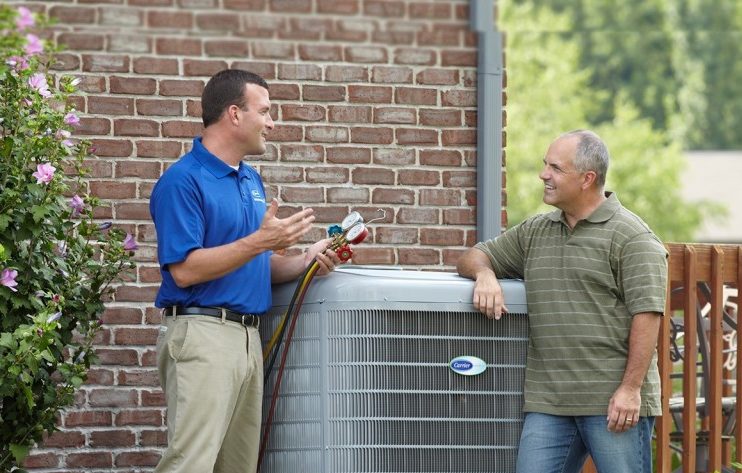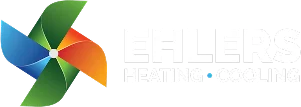

What Your Electric Bill Says About Your HVAC System

Your electric bill provides valuable insights into your home’s energy consumption patterns. If you’ve noticed significant spikes in your bill, your HVAC system could be a contributing factor. An inefficient HVAC system can use excessive electricity, leading to higher energy costs.
In this article, we’ll explore the relationship between your electric bill and your HVAC system’s efficiency.
How Much Electricity Does HVAC Use per Month?
The electricity consumption of an HVAC system can vary depending on several components, including:
- Size and efficiency of the system: Larger or older units with lower efficiency ratings use more electricity to heat or cool your home.
- Climate: The local climate plays a significant role in determining how frequently you’ll need to use your HVAC system. Warmer climates often require more cooling, resulting in increased electricity usage.
- Desired indoor temperature: Setting your thermostat to extreme temperatures will require your HVAC system to work harder, consuming more electricity.
- Usage patterns: The frequency and duration of your HVAC system’s operation affect its monthly electricity consumption.
On average, an HVAC system can account for anywhere from 5% to 40% of a home’s total electricity usage. In regions with hotter climates, where air conditioning is used more frequently, the HVAC system’s electricity consumption tends to be on the higher end.
Why Does My AC Use So Much Energy?
Several factors can contribute to your AC’s high energy consumption; here are some common reasons:
- Inadequate insulation: Poor insulation in your home can result in significant energy loss, forcing your AC to work harder and consume more electricity to maintain the desired temperature.
- Air leaks: Leaky ducts or gaps around windows and doors allow cooled air to escape and hot air to enter, causing your AC to run longer to compensate.
- Dirty air filters: Clogged or dirty air filters restrict airflow, making your AC work harder to circulate cooled air throughout your home.
- Aging equipment: Older HVAC systems may have lower efficiency ratings and require more energy to provide the same level of cooling.
- Improper maintenance: Neglecting regular maintenance, such as cleaning coils, lubricating moving parts, and checking refrigerant levels, can decrease your AC’s efficiency and increase energy consumption.
Lower Your Energy Bills With an HVAC System Tune-Up
Ehlers Heating & Air Conditioning specializes in HVAC system tune-ups, helping you save on energy bills and improve comfort. Our Customer Care Program offers additional benefits, including discounts on repairs, priority service, 28-point inspection, and more.
In addition to our maintenance plan, you can count on us for:
- Emergency service
- Financing options
- Background-checked technicians
- Free estimates
By scheduling an HVAC system tune-up with Ehlers Heating & Air Conditioning, you can lower your energy bills, enhance comfort, and extend the life span of your equipment. Take control of your energy consumption and enjoy the benefits of an efficient HVAC system.
Contact Ehlers Heating & Air Conditioning at (248) 579-2362 to schedule a tune-up or learn more about our services.

Get a Free Quote
Sidebar
Customer Care
Program
Bills Properly maintained systems use 10%-15% less energy.

